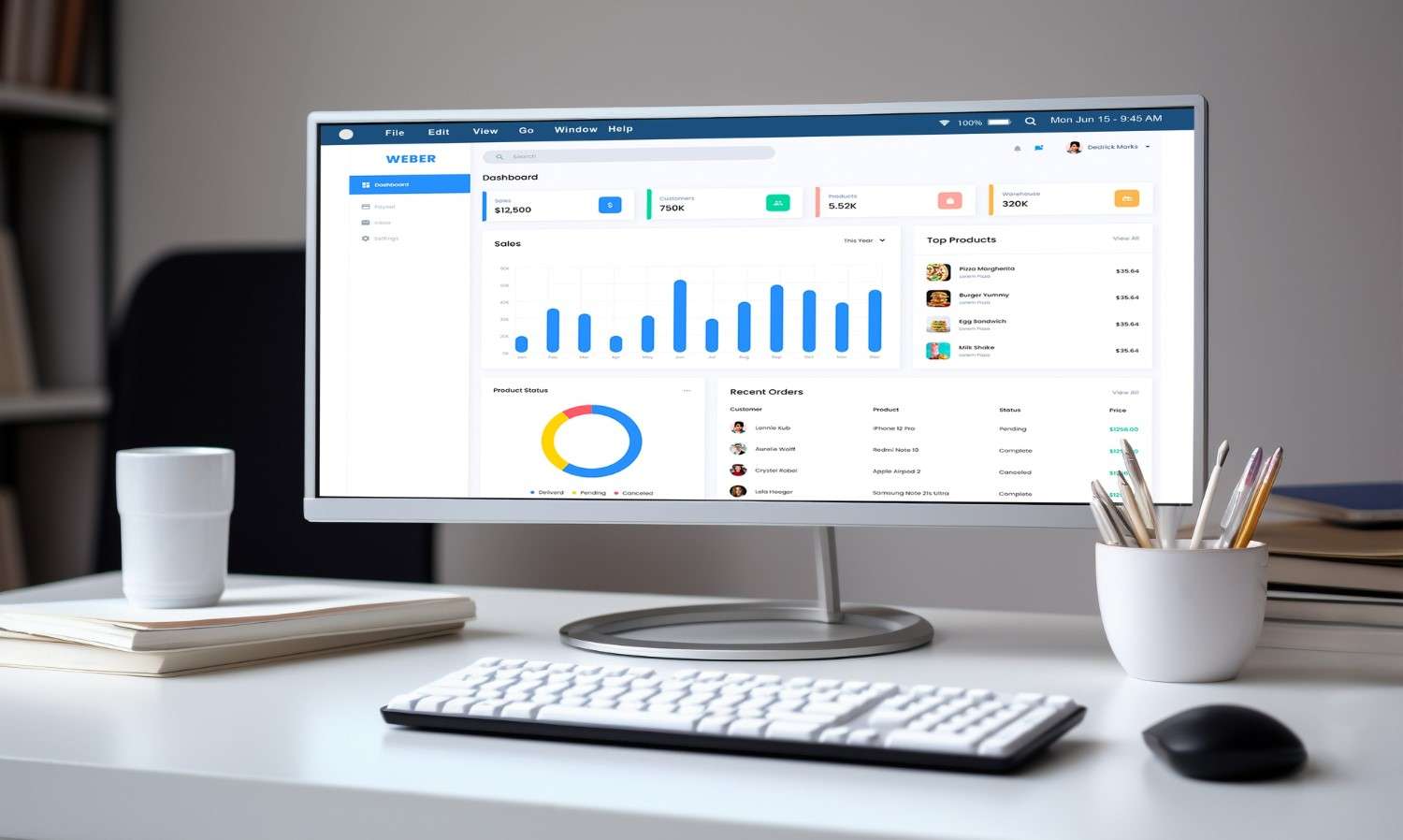Subtotal $0.00
The digital landscape has fundamentally transformed how businesses connect with consumers. Today, potential customers rely heavily on search engines to find the products and services they need, making online presence crucial for any business seeking success. However, simply having a website isn’t enough. For businesses with a physical location or serving a specific geographic area, Local SEO (Search Engine Optimization) emerges as an essential tool to dominate their local market and attract customers within their vicinity.
Demystifying Local SEO: Optimizing for Your Local Audience
Local SEO is a specialized branch of SEO strategies focused on improving a business’s visibility in search results specific to a particular location. It involves meticulously optimizing various online elements to ensure your business appears prominently when potential customers in your area search for relevant keywords. This includes searches like “best Italian restaurant near me” or “plumber in [your city].”
Understanding how search engines like Google determine local search rankings is key to effective local SEO. Here are the main factors considered:
- Relevance: Search engines analyze your website content, keywords, and business information to determine how relevant your business is to the user’s search query.
- Prominence: Google considers the overall online presence and reputation of your business. This includes factors like positive online reviews, citations (listings of your business information across various directories), and website traffic.
- Distance: Search engines prioritize businesses closest to the user’s physical location or the location specified in their search.
By strategically implementing local SEO practices, businesses can improve their ranking in local search results, leading to:
- Increased online visibility: Standing out in a crowded online marketplace, attracting potential customers who would otherwise overlook your business.
- Targeted audience: Focusing marketing efforts on the most relevant audience (local customers), maximizing return on investment (ROI).
- Improved brand reputation: Maintaining a well-managed online presence fosters trust and credibility with potential customers.
- Cost-effective marketing: Offering a cost-effective way to reach your target audience compared to traditional advertising methods.
- Boosted local foot traffic and sales: Ultimately driving traffic to your physical location or converting online searches into sales, leading to increased revenue.
Local SEO Strategies for Local Success
Now that you grasp the importance of local SEO, it’s time to explore some key strategies you can implement to improve your local search rankings:
1. Claim and Optimize Your Google My Business Profile:
This free and powerful tool allows you to manage your business listing on Google Search and Google Maps. Ensure your profile is complete and accurate, including:
- Business name
- Address
- Phone number
- Website
- Operating hours
- High-quality photos
- Detailed business description
2. Conduct Local Keyword Research:
Identify relevant keywords that potential local customers are likely to use when searching for businesses like yours. Utilize tools like Google Keyword Planner to discover high-volume, low-competition keywords to target in your website content and local listings.
3. Optimize Your Website Content:
Incorporate identified local keywords naturally within your website content, including your homepage, service pages, and blog posts. Focus on creating informative and valuable content relevant to your local audience’s needs.
4. Build Citations:
Citations are online mentions of your business name, address, and phone number (NAP) across various online directories, websites, and platforms. Building consistent and accurate citations across reputable directories increases your online presence and sends positive signals to search engines about your business legitimacy.
5. Encourage Positive Online Reviews:
Positive reviews on your Google My Business profile and other relevant platforms build trust with potential customers and improve your local search ranking. Encourage satisfied customers to leave reviews by providing excellent customer service and making the review process easy.
6. Engage with Local Online Communities:
Participating in online communities like local Facebook groups and forums related to your industry fosters connections with potential customers. Provide valuable insights, answer questions, and actively participate in discussions to build local brand awareness.
7. Monitor and Adapt:
Remember, local SEO is an ongoing process. Regularly monitor your local search ranking performance using tools like Google Search Console. Analyze results to understand what’s working and identify areas for improvement. Adapt your strategies based on new insights to stay ahead of the curve in the ever-evolving digital landscape.
Conclusion: Local SEO – Your Key to Local Growth
Investing time and effort into local SEO is no longer optional for businesses with a local presence. By implementing these strategies and making local SEO an integral part of your overall digital marketing strategy, you can unlock a world of potential for your business. From increased local visibility and targeted marketing to improved brand reputation and boosted sales, local SEO empowers you to connect with the right audience, achieve sustainable growth, and become a dominant force in your local market.













